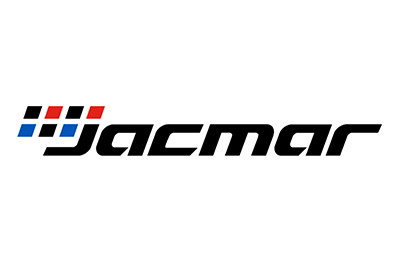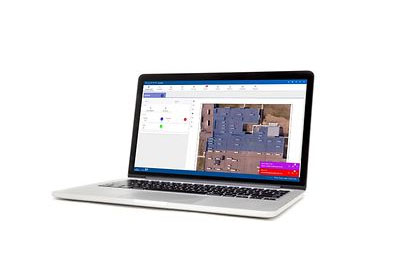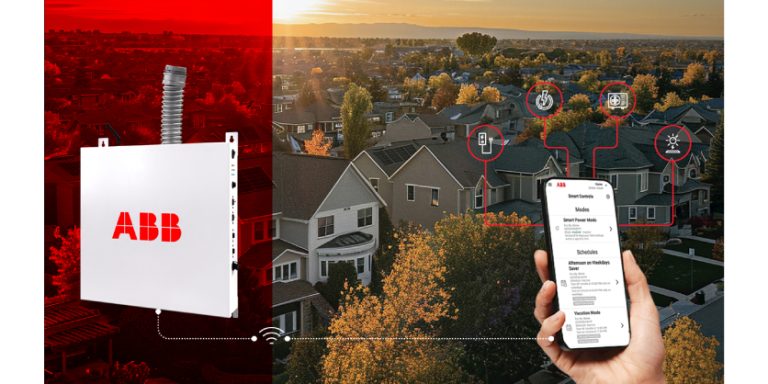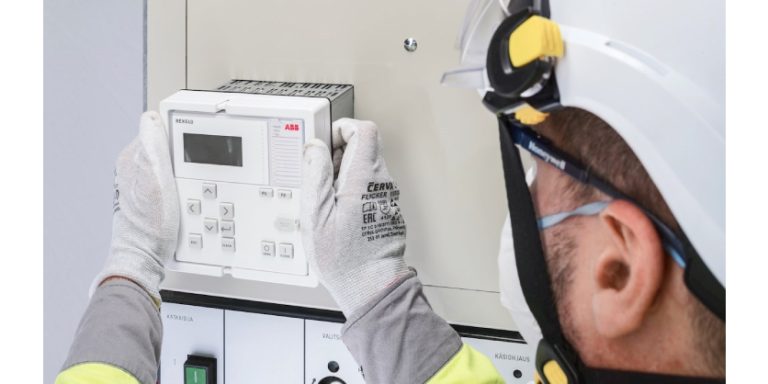ABB Azipod Icebreaking Propulsion to Power a Fleet of Newbuild LNG Carriers
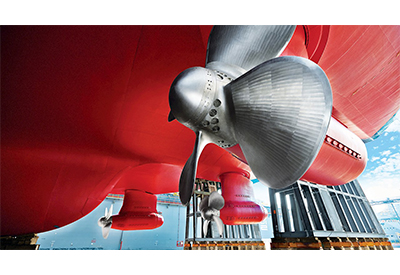
November 4, 2020
ABB has recently secured a contract from Daewoo Shipbuilding & Marine Engineering in excess of $300 million to supply a comprehensive power and propulsion package for six new specialized vessels that will transport LNG along the Northern Sea Route.
Each of the six newbuild vessels will feature a trio of the largest and most powerful Azipod propulsion units ever supplied for ships operating in ice. Together, the giant 17 MW Azipod® units will provide a total power of 51 MW (68,400 HP), enabling the vessels to navigate safely through ice up to 2.1 m thick. In similar conditions and without ABB’s leading technology, comparable ships would require icebreaker assistance.
Known for its unrivaled performance, ABB Azipod propulsion has become an industry standard for ice-going vessels. The Azipod propulsion system, where the electric drive motor is in a submerged pod outside the ship hull, can rotate 360 degrees to boost maneuverability, which is particularly crucial for vessels operating in ice. The new LNG carriers will be classed to ARC7 – the highest ice class rating for merchant vessels.
The order follows the successful delivery of ABB’s leading-edge technology for the 15-ship series servicing the Yamal LNG project – one of the largest orders ever for ABB Marine & Ports, completed in 2019.
“We are proud to see our technology to be once again chosen for demanding operations in the Arctic,” said Juha Koskela, Division President, ABB Marine & Ports. “We are committed to supporting the growing Arctic maritime industries with our unparalleled technology that has over the years proven to enable safe, sustainable operations and ensures year-round transportation of cargoes across the Northern Sea Route.”
Upon delivery starting from 2023, the six vessels will service Arctic LNG 2 – one of the largest industrial projects in the Arctic – and will each have the capacity to transport 170,000m3 of LNG.
ABB has delivered electric propulsion systems to over 90 icebreakers or ice-going vessels. Options for Azipod propulsion span 1MW to 22MW. With its proven ability to cut fuel consumption by up to 20 percent compared to traditional shaftline propulsion systems, the Azipod technology has played a key role in developing ABB’s strong position for environmentally-friendly electric propulsion.
The extensive scope of ABB solutions for the newbuild vessels also includes generators, switchboards, transformers, electric drives and propulsion control systems.


